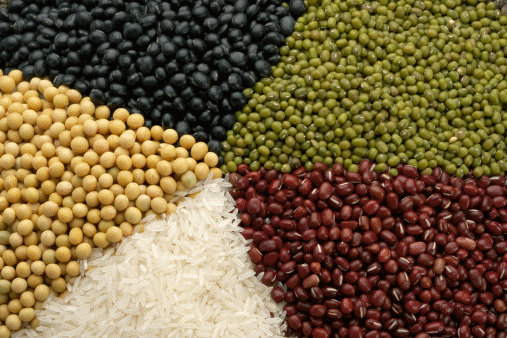The cost of post-harvest food loses in Nigeria’s agricultural sector is estimated at over $8.9 billion annually by the Nigerian Stored Products Research Institute,NSPRI.
The Executive Director of NSPRI, Prof. Olufemi Peters who revealed this at the commencement of a two-day capacity building workshop on agricultural produce loss reduction and value addition for rural farmers at Ahiazu Mbaise Local Government Area of Imo State said that that the figure was part of the findings from FAO Fact Sheet of 2013 and NSPRI survey conducted in all the six geo-political zones of the country in the same year.
Represented by Dr Foline Folorunso Olayemi, the NSPRI Director, Post-Harvest Engineering said more than 51.3 metric tonnes of food were lost due to post-harvest food losses for all the agricultural produce from the country.
He observed that the losses were much higher in rural communities that were in dire need of development because of inadequate presence of basic facilities and infrastructure.
“Presently, post-harvest food losses for grains, roots and tubers, fruits and vegetable, livestock and fisheries etc are about 15, 35, 50, and 30 percents respectively’’, he said.
“The money the country is losing could be annual budget of more than twenty countries, because almost one quarter of the staple and perishable foods produced in Nigeria never reach the consumers’’.
He added that if the losses were reduced to the barest minimum, the country would not only be self sufficient in food production, but will emerge as a major exporter of food products.
Described post-harvest loss as a major challenge in agricultural sector in Nigeria, he noted that if Nigeria must achieve food security, the stakeholders in the post-harvest value chain must synergize to safe-keep agricultural surplus after the harvesting period.
“in spite the remarkable progress made in food production in the country, successive governments had not adequately identified and addressed the challenge of post-harvest value chain,” he said.
The NSPRI boss added that as a Federal Government Agency with years of post-harvest research experience, the institute had developed post-harvest technologies and expertise.
He explained that the institute partners with multinationals, government and NGOs and had since developed simple, inexpensive but effective proven methods and appropriate equipment that had reduced food losses and increased availability.












